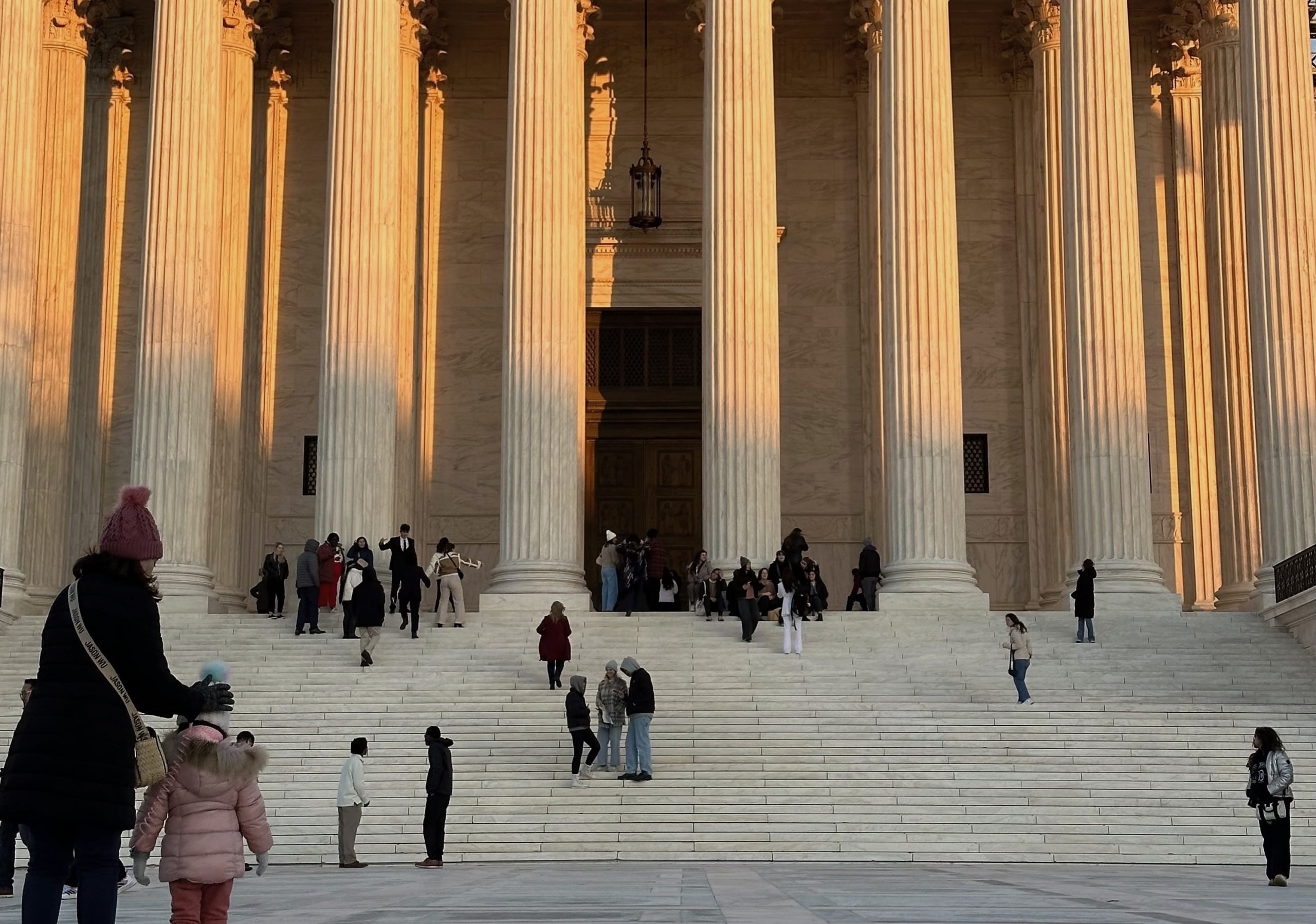What is Res Judicata?
The Latin terms used in English law are intimidating to many. As litigation solicitors, we must be able to speak this language fluently to help our clients in court and with their opponents. These terms are used to label concepts or doctrines that have been enshrined into the legal system for many years.
Res Judicata has several complex components. What is Res Judicata? Res Judicata is a legal doctrine which prevents litigants re-starting cases or claims that have already been decided. It protects the judiciary from duplicating and pointless proceedings, which waste court time and cost money to those who are on the receiving end. However, in simple terms, there are three primary strands.
Re-litigation
A litigating party cannot bring a further claim on the same matter if that issue has received a final judgment. Res judicata effectively prevents a new lawsuit on a matter already resolved by the courts.
However, there is wriggle room on this point, as the judgement must decide the case on its merits. A case dismissed on procedural grounds or because it is time-barred under the Limitation Act of 1980 would not fall within this criteria.[2013]Furthermore, all legal appeals must be exhausted, so there is no further right to challenge a final decision. If there’s still uncertainty in the outcome, then res judicata is not a bar to additional litigation.
Same Cause of Action
A claimant cannot bring the same cause of action or claim if a court has made a decision and issued a final judgment. The same cause of action or claim means the core facts and circumstances.
If a later claim is based on the same transaction or occurrence in an earlier case, then res judicata may bar the second claim.
Res judicata also prevents new cases on issues that could have been raised in a previous case based on those circumstances but were not. It is intended to avoid lengthy litigation and piecemeal litigation. Privity means a close relationship between parties, so a judgment affecting one party will also affect the other.
Sometimes, it’s easy to identify if the same people are trying to re-litigate, but not always. Consequently, res judicata applies to anyone acting as the agent or subsidiary of the original litigants, individuals, or entities who were not involved in the earlier case but are still bound by the outcome.
Privity can exist between a trustee and beneficiaries and a corporation and its shareholders.
What Is the Difference Between Res Judicata and Estoppel?
Res judicata and estoppel are similar principles designed to prevent redundant and repeated litigation, but there is a crucial difference.
Res judicata prevents repeated court actions on matters previously litigated. In contrast, estoppel prevents further legal action on a specific issue within a previously resolved case, even if the current litigation has a different cause of action.
If a court upholds a contractual clause as valid in one case, it cannot be contested again in later litigation, which examines the same contract but for a different breach.
Frequently Asked Questions
What Are the Limitations of Res Judicata?
Res judicata prevents parties from re-litigating facts and circumstances the courts have already concluded, including appeal. The court cannot litigate issues that were not raised in the case. You may have grounds to challenge the content or approach of a claim made by a party based on the exact same facts and circumstances. You might first say that the approach is abusive and invite the court to strike out the case in accordance with CPR Part 3 as part of its own case management powers. Alternatively if multiple applications are being issued you might need or want to consider a civil restraint order- an unusual type of order obtainable in civil and commercial disputes.
Final Thoughts
Commercial and property litigation is governed by different principles which, despite an old-fashioned name, are still very much alive and kicking in the English legal system. Res judicata, a principle that still applies to claims in today’s courtrooms and limits who can file a claim is one of these principles. We represent clients in disputes throughout the country.






